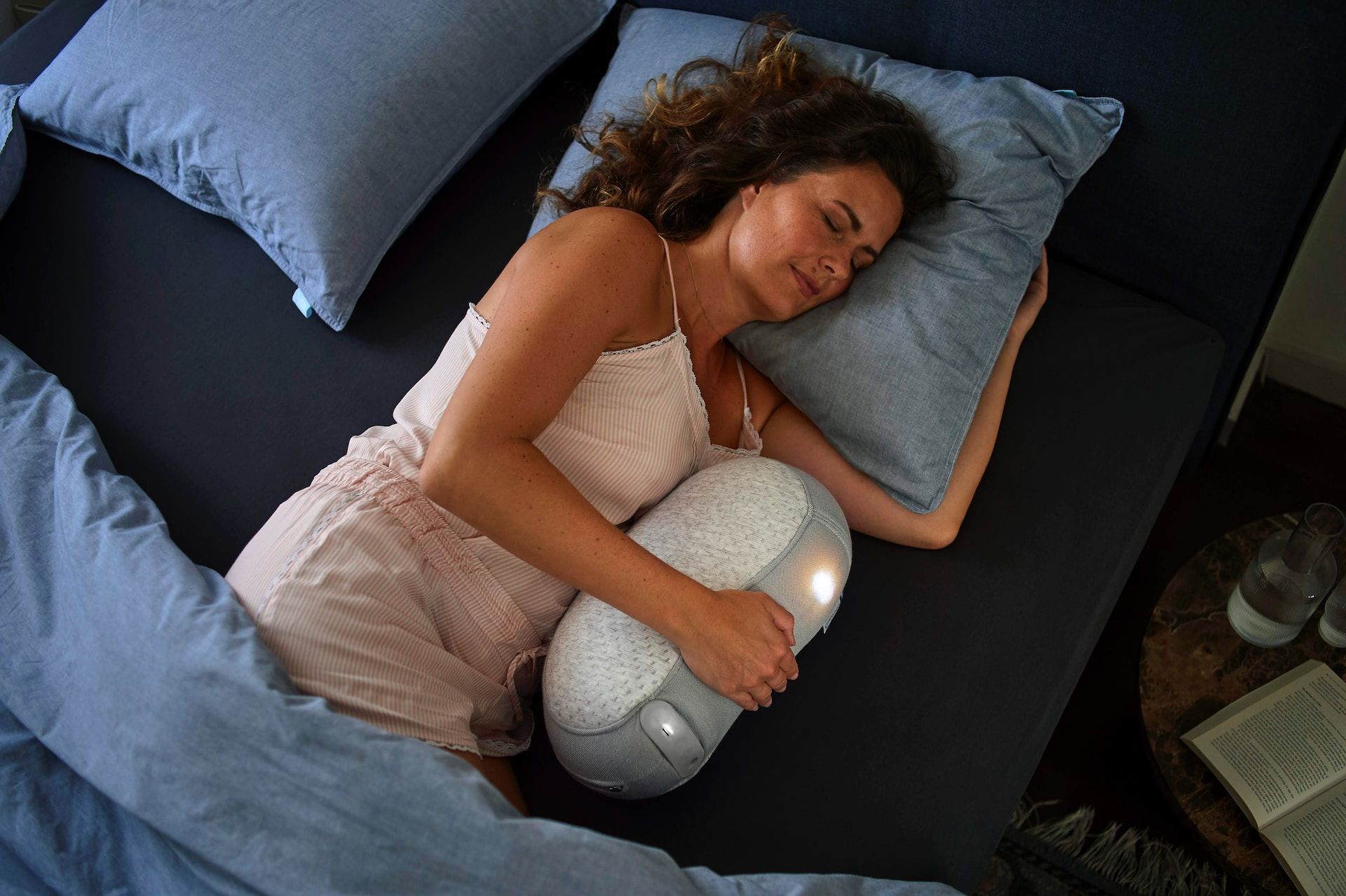Addressing Sleep Apnea and Snoring with Positional Therapy: An Effective CPAP Alternative

When it comes to treating sleep apnea and chronic snoring, many patients are initially prescribed continuous positive airway pressure (CPAP) therapy. While CPAP can be highly effective, some individuals may find it challenging to adapt to the therapy or experience discomfort with its use. As a result, exploring alternative treatment options becomes crucial for those seeking relief from their sleep disorder symptoms while enhancing their sleep quality and overall well-being.
One compelling CPAP alternative is positional therapy, an effective approach to managing sleep apnea and snoring by promoting specific sleeping positions. This innovative treatment can significantly reduce the severity of sleep apnea episodes and decrease the occurrence of snoring, offering an alternative path to a peaceful and restorative night's sleep.
In this informative blog post, we will thoroughly examine positional therapy, the science behind its effectiveness, and its potential benefits for addressing sleep apnea and snoring. At Pittsburgh Dental Sleep Medicine, we are dedicated to providing you with valuable and evidence-based information to empower your decision-making regarding treatment options, ensuring that you can navigate your journey towards improved sleep with confidence.
The Science Behind Positional Therapy for Sleep Apnea and Snoring
At the core of both sleep apnea and snoring is the issue of airway obstruction. During sleep, throat muscles and the tongue can relax, narrowing the airway and sometimes causing partial or complete blockage. Positional therapy is built on the understanding that certain sleeping positions can significantly alter the risk of airway obstruction, thereby reducing sleep apnea episodes and snoring occurrences.
In particular, research indicates that supine sleeping (lying on the back) can contribute to airway blockage because gravity causes relaxed throat tissues to collapse. Positional therapy encourages patients to sleep on their sides or in an elevated head position, depending on the specific needs of the individual, to prevent airway obstruction and subsequently reduce the severity of sleep apnea and snoring.
Types of Positional Therapy Devices and Techniques
There are various positional therapy devices and techniques available to help patients maintain a favorable sleeping position throughout the night. Some popular options include:
1. Sleep Position Trainers: These wearable devices use vibration feedback to alert you when you have shifted into a supine position, gently encouraging you to reposition yourself to your side.
2. Body Pillows and Wedges: Large body pillows or foam wedges can be strategically placed behind the back or between the legs, promoting a consistent side-sleeping position.
3. Sleep Shirts with Positional Aids: Specially designed sleep shirts incorporate positional aids, such as small foam blocks or airbags, to make optimal sleep positioning more comfortable and consistent.
4. Adjustable Beds: Beds with an adjustable incline can help maintain an elevated head position, reducing the likelihood of airway obstruction for those who cannot comfortably sleep on their side.
Effectiveness and Benefits of Positional Therapy
Positional therapy has shown promising results in patients with mild to moderate sleep apnea, as well as those who primarily experience snoring. By focusing on addressing the root cause of both conditions — airway obstruction — positional therapy can contribute to significant symptom relief and improved sleep quality. Some of the key benefits associated with this approach include:
1. Non-Invasive Treatment: Positional therapy offers a non-invasive alternative to more aggressive treatments, such as surgeries, making it a suitable option for individuals seeking a gentler approach.
2. Improved Comfort: Unlike CPAP, which requires patients to wear a face mask connected to a machine, positional therapy involves minimal equipment and allows for greater freedom during sleep.
3. Ease of Use: Positional therapy devices and techniques are generally easy to use and adapt to, offering a straightforward solution for patients in need of an effective treatment option.
4. Customizable Experience: Positional therapy can be tailored to the individual patient's needs and preferences, ensuring a personalized and comfortable treatment approach.
Determining if Positional Therapy Is Right for You
With any sleep disorder treatment, it is essential to consult an experienced medical professional to determine if the approach is appropriate for your unique needs and symptoms. To evaluate if positional therapy may be a suitable option for you, consider the following steps:
1. Professional Evaluation: Schedule an appointment with a sleep doctor or dental sleep medicine doctor to discuss your symptoms and assess the cause of your sleep disorder.
2. Sleep Study: A sleep study (polysomnogram) may be recommended to determine the severity of your sleep apnea and identify the role that sleep positioning plays in your condition.
3. Personalized Treatment Plan: If positional therapy is deemed appropriate for your specific needs, your provider will help you develop a customized treatment plan, selecting the appropriate devices or techniques.
4. Ongoing Monitoring: Your provider will closely monitor your progress and response to positional therapy to ensure its effectiveness and help determine if any additional treatments or adjustments are needed.
Conclusion:
When it comes to treating sleep apnea and chronic snoring, positional therapy proves to be a compelling CPAP alternative. By promoting specific sleeping positions that reduce the likelihood of airway obstruction, this innovative treatment can transform your sleep quality and overall well-being.
If you're interested in exploring the potential of positional therapy to alleviate your sleep disorder symptoms, reach out to our team at Pittsburgh Dental Sleep Medicine. Our highly skilled professionals are dedicated to helping you find personalized
alternative CPAP solutions in Pittsburgh that address your unique needs and restore your restful sleep. Take the first step toward a healthier, more fulfilling life by scheduling an appointment with our doctors today. Together, we can forge a path towards reduced sleep apnea symptoms and a more peaceful night's rest!

